
Criminal justice careers put knowledge of psychology to work. An added attraction: they don't usually require a doctoral degree. As such, they can be good options for individuals who hold bachelor's or master's degrees in psychology. Students should be aware, though, that criminal justice is a broad field, and that both the duties the expected education level can vary widely.
The Bureau of Labor Statistics reports that positions in corrections treatment and probation typically require bachelor's degrees in behavioral science, social work, or related fields, and that advancement may depend on earning a master's in social work, psychology, or criminal justice.
Forensic psychology is a graduate discipline, but people can sometimes enter the field on the strength of a master's; to have the most opportunity, they will need education on a par with that of clinical psychologists.
Criminology, too, often requires a graduate degree.
As for law enforcement, some agencies don't require a college degree; their own training program may suffice. Some federal agencies are very selective, and seek both formal education and a demonstrated set of skills. Those who have their sights set on the FBI may face some very stiff competition!
Application of Psychology to Criminal Justice
Criminal justice requires skills in analyzing, applying research, and reporting findings. These skills are developed, to varying degrees, in liberal arts study. So what is it about psychology that makes it an especially good fit?
Psychology study develops knowledge of adaptive and maladaptive human behavior across age groups and in different social contexts. It helps students understand the various factors that influence decision making: the good decisions as well as the bad ones.
Some programs focus on applied human behavior and develop skills for direct service. Students may get some experience with counseling and case management. This can be useful for corrections treatment providers who are responsible for putting together plans that discourage recidivism. After all, people with addictions and mental disorders don't always show up in treatment centers. Economic situation, family stability, and even gender play a role in whether problems are detected in a mental health practitioner’s office or a corrections setting.
Source: www.psychologist-license.com
You might also like:
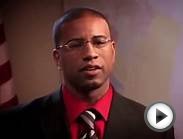
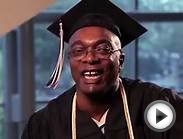
|
The History Channel : Manson 40 Years Later , The Six Degrees Of Helter Skelter , The Discovery Channel : The Boneyard The Most Grisly Crime Scene in US History : Serial Killer Triple Feature : 2 DVD Set DVD () |

|
Psychopaths diagnosis Mobile Application (Hanauta inc.)
|
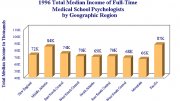



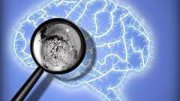

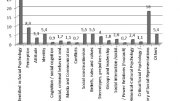








Your psychology degree would be enough to let you practice psychology a minor in criminology wouldn't affect it